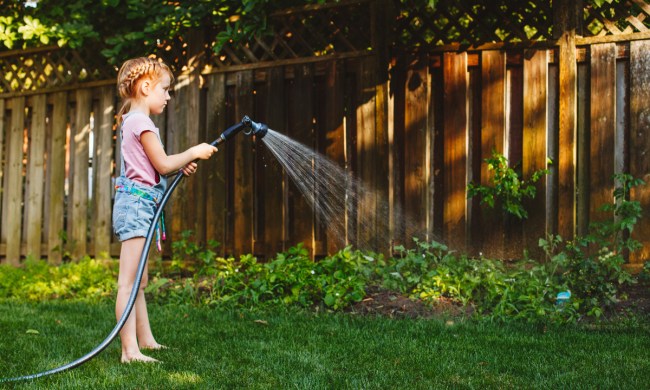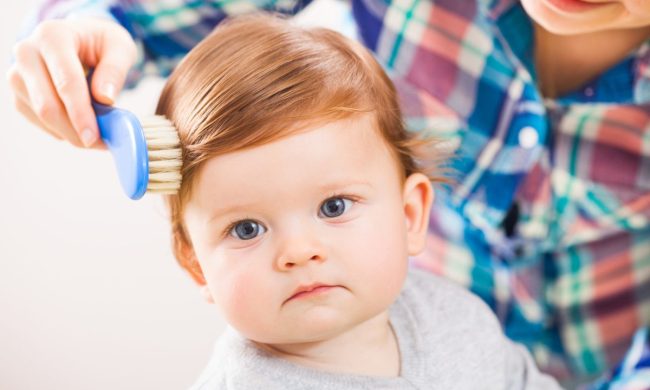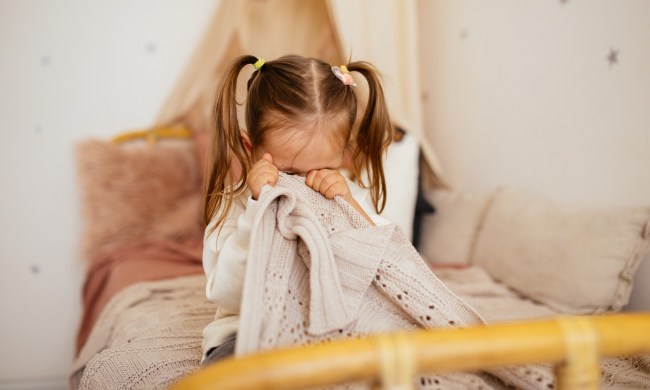Your little water bug baby may love the bath and enjoy a dip in the pool with Mama, and then one day decide they are totally terrified of any sitting body of H20. It is a common occurrence, and an equally baffling one for parents. Quite suddenly, your sweetheart wants nothing to do with getting wet, getting clean, or having a luxurious floating session. It can be especially challenging when it disrupts regular baths, scheduled swim lessons, and other aquatic activities. Fortunately, this phase will pass; for now, there are some simple steps you can take to help your toddler adjust. Here is what you should (and shouldn’t) do.
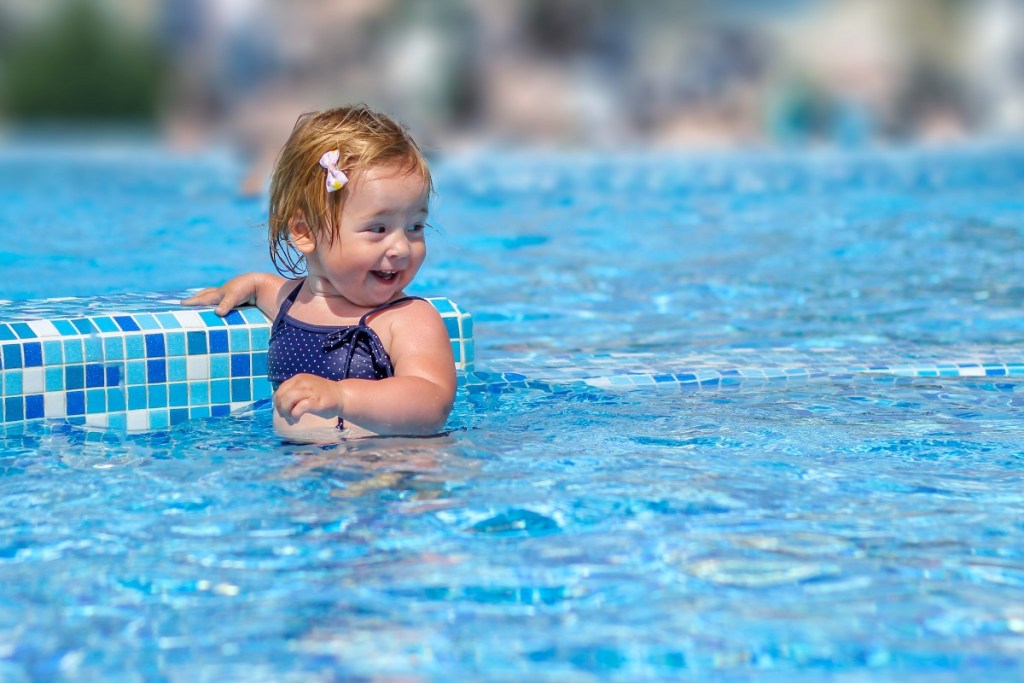
Why is your toddler suddenly afraid of the water?
There are a few reasons your former fishie is suddenly showing reticence about getting in a large tub, pool, or body of water. It usually comes down to your toddler’s development and emerging sense of awareness. When they were younger babies, they would happily go with the flow, but now they are starting to realize there are repercussions, and not everything is harmless:
- Large bodies of water: The ocean is massive. Heck, even a backyard pool looks intimidating to a small child. The openness and vastness can be nerve-racking for your little one.
- Sense of danger: They may recognize that a body of water is unfamiliar and potentially dangerous.
- Previous experience: If they have had a negative experience with water, they may worry about a repeat incident — even excessive splashing can cause this type of reaction.
- Bathing fear: It is one thing when your toddler is scared of going in a pool or lake. It is quite another when they are suddenly expressing fear over dipping in the tub. Yes, bath nerves can happen, too — perhaps your bubble bub got soap in their eye or the drain made a jarring sound that scared them. Whatever the circumstance, it can set you back when it comes to daily bath time. If this is the case, just keep trying to make it fun, pleasant, and relaxing. And if you have to sponge bathe your babe for a bit? So be it!
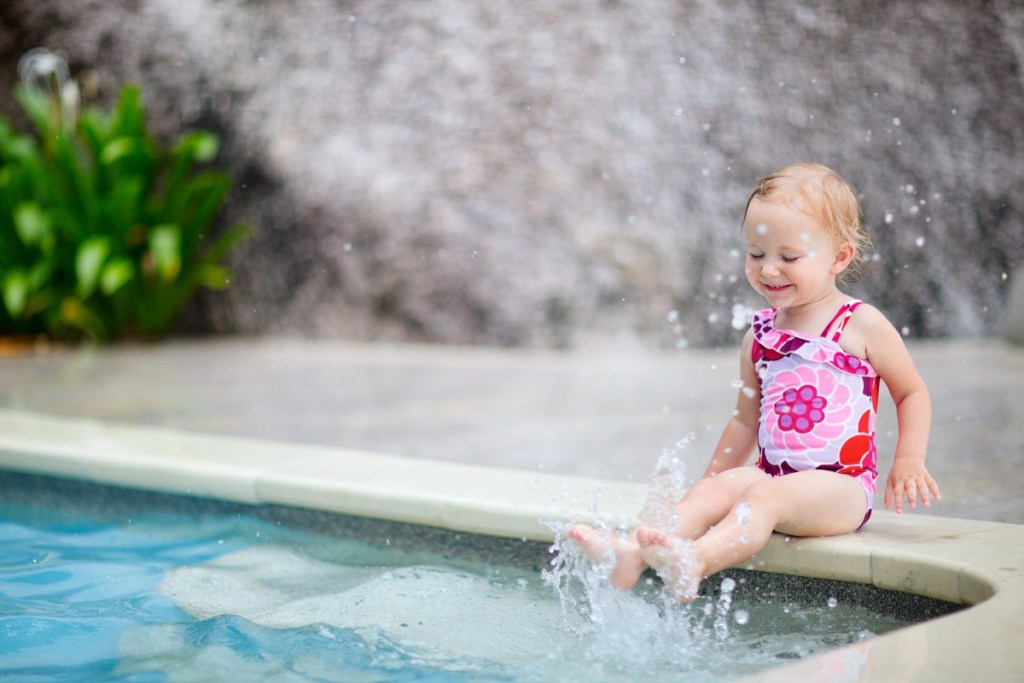
How to help a toddler who’s scared of the water
Ready to help your cutie-pie overcome their fear? It might not happen overnight, but there are some simple tactics you can try:
- Take it slow: In this instance, you do not want to rip off the veritable Band-Aid. That will just make your little one further regress and completely reject the water altogether. This can and should be a gradual process. Start by allowing them to touch and feel the water with their fingers and dip their toes. (Ideally, the water temperature of a pool should be around 86 degrees for optimal comfort.) Don’t rush any step or plunge them in; show patience as your child makes “baby steps.”
- Lead by example: Sorry, but you are going to have to get your hair wet and your suit on, Mama. Your child might feel much more comfortable getting into the water with you, their trusted caregiver. Moreover, they might want to be held the entire time.
- Go for lessons: The American Academy of Pediatrics recommends starting children with swim lessons beginning around 1 year to reduce the risk of drowning. While some babies might do better with an introductory parent-child class, others will respond better to an instructor.
- Try some water toys (and rewards!): Make the water fun. A few colorful squirting toys can help coax them to come play with you in the pool. Also note that while floaties can help give a toddler confidence in the water, you don’t want to end up relying on them. They are not a substitute for swim lessons or supervision, and there is still a significant risk of drowning with use.
- Keep communicating: If your toddler is verbal, keep the conversation going. And if they’re not? Talk to them anyway — they’ll understand you. Ask them why they are feeling scared and address their very real fears. You don’t want to shrug these anxieties off; the water can be scary — so these nerves are valid.
You have the summer ahead of you, vacations planned, pool-club sessions booked, and, seemingly out of nowhere, your toddler is scared of the water — it can be frustrating for a parent. But your little one looks to you for unconditional love and support, so don’t push it and don’t force the issue. Go slow, show empathy, and give encouragement, and, just as quickly as they became terrified, they’ll suddenly become excited again!
